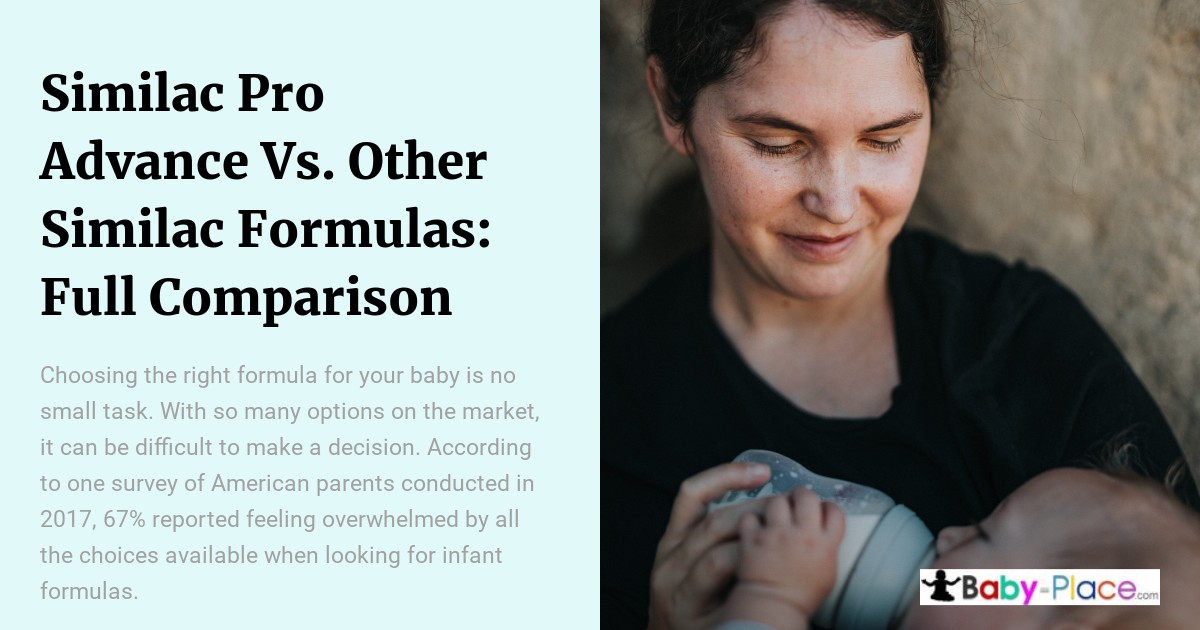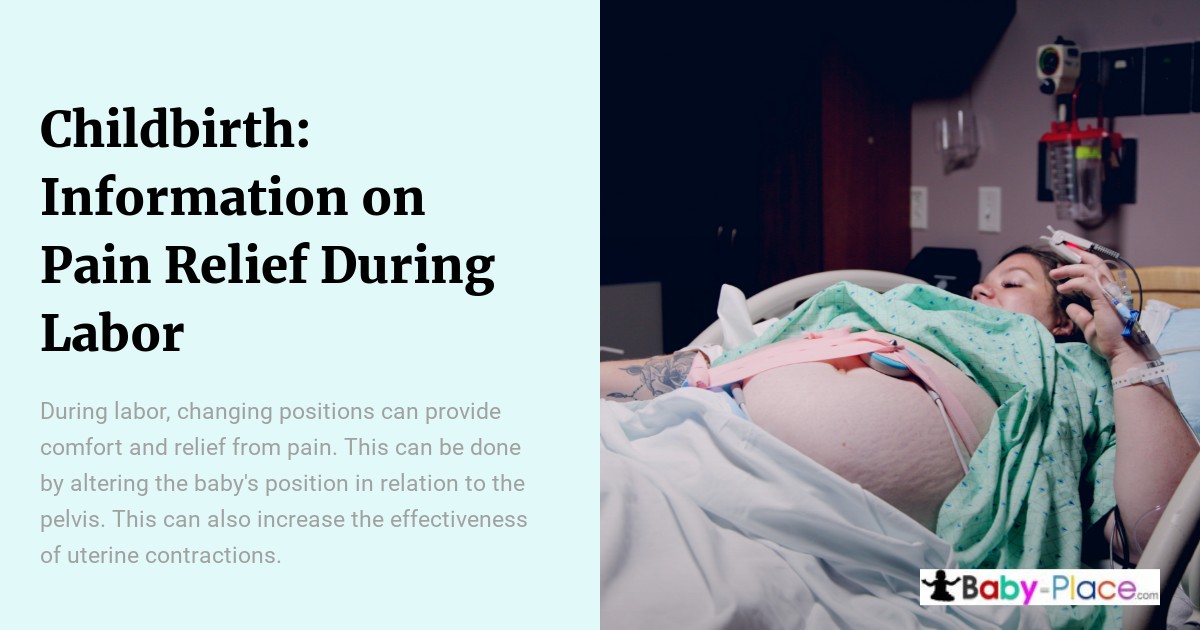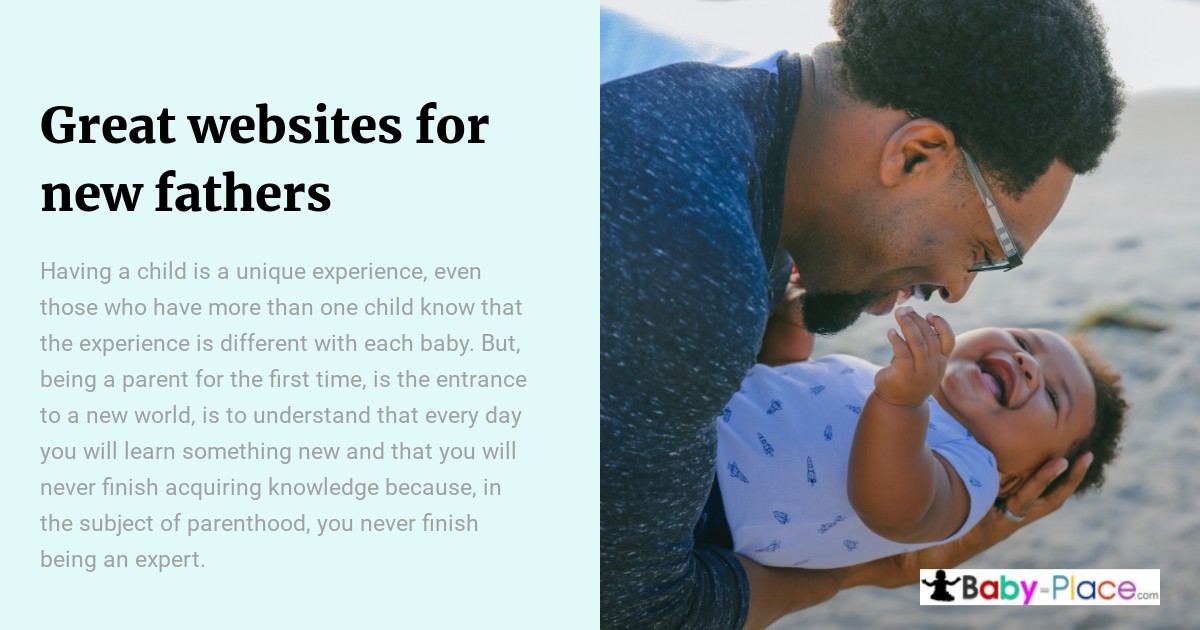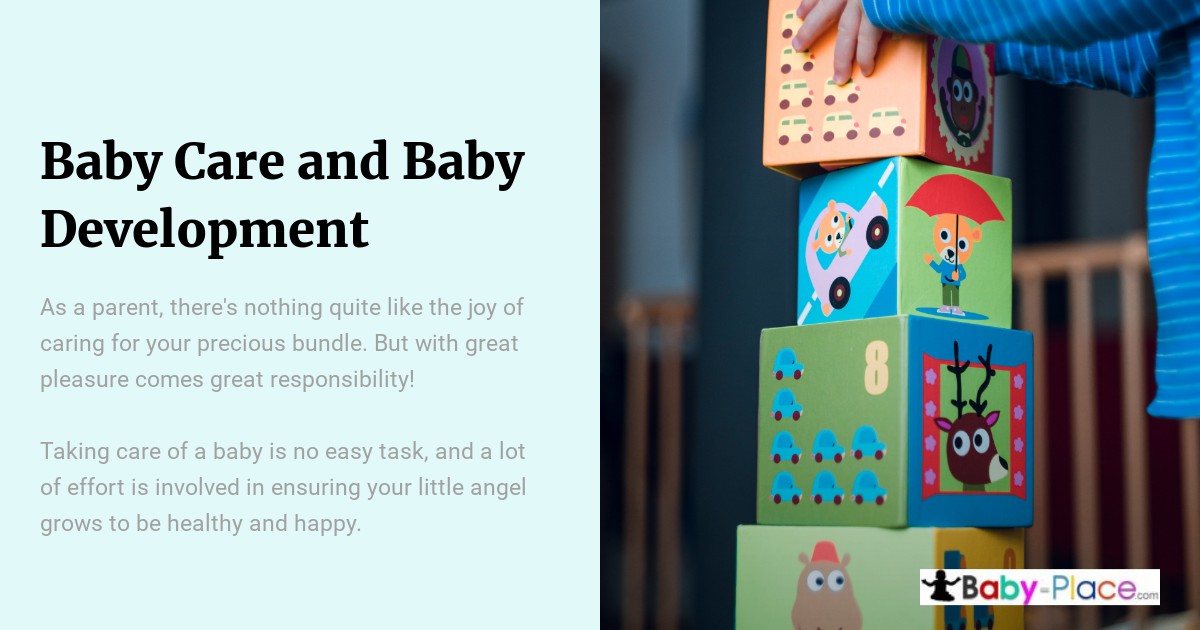If you plan to have a baby, your life is about to change significantly. All rational thoughts you ever had about how life is meant to be will go out of the window.
Introducing into your life: BABY
Also comes with HAVING NO MONEY
Babies cost more money than anything else apart from your mortgage.
Did you know that if you chose not to have a baby, you could use that money to lease a top car? It’s true.
So, unless you still have the choice of not conceiving, the best thing you can do is to prepare financially for the birth of your baby.
Before the Birth of Your Baby
One of the most useful things you can do before your baby arrives is to get your finances in order. It’s essential to plan how to pay for your child’s education, health care, and other expenses.
Paying down debt, building emergency savings, shopping for a life insurance policy, and making a parental leave plan are all important financial goals to focus on before your baby arrives. Each of these steps will put you in a stronger position when you have a baby in the future.
Understand Your Health Insurance Plan
Understanding your health insurance is very important when you’re expecting a baby. Ensure you know what services are covered and how much you will have to pay out-of-pocket for the birth. If you’re unsure what your policy covers, call the insurance company and ask for clarification.
You may also consider buying additional health insurance coverage for your baby. Many health insurance plans offer maternity coverage but may not cover all of your costs.
You can also purchase coverage for your baby’s health care expenses after birth with an understanding that you hope you will never have to use it.
Reduce Your Debt
Debt can be a substantial financial burden for new parents. If you’re carrying a lot of debt, it’s essential to focus on paying it down before your baby arrives.
You can start by making a budget and setting aside money each month towards your debt. You may also want to consider consolidating your debt into one monthly payment or transferring your balance to a lower-interest-rate credit card.
Save For Emergencies
Having an emergency fund is always a good idea, but it’s even more important when you’re expecting a baby. Unexpected medical bills, time off work, and other unexpected costs can add up quickly when you have a new baby.
Aim to save at least 3-6 months of living expenses in an emergency fund. If you can’t save that much, start by saving $1,000. This will help you cover some of your costs if something unexpected happens.
Get a Life Insurance Policy
If you have young children, it’s essential to have a life insurance policy. If something happens to you, the policy will provide financial security for your family.
You can shop for a life insurance policy online or through an agent. Be sure to compare policies and rates before you buy one, as there can often be a vast difference.
Make a Parental Leave Plan
Before your baby arrives, make a parental leave plan. If you plan to take time off work after your baby is born, you need to consider how you will pay for it.
You may want to save up money ahead of time to take a more extended leave. Or, you may want to look into temporary or part-time work options that allow you to stay home with your baby.
You can also ask your employer about their policies for parental leave.
It’s Time to Update Your Household Budget
When you have a new baby, your expenses will likely increase. Update your household budget to reflect these changes. Be sure to account for the cost of diapers, formula, clothing, and other items your baby will need.
You may also want to set aside money each month for your child’s college education. Many colleges charge hefty tuition fees, so start saving early.
Consider Child Care
If you’re a new mom planning to return to work, you must make a big decision. How will you take care of your baby while at the office?
Childcare can be expensive, so it’s a good idea to start looking into your options as soon as possible.
There are many different types of childcare to choose from. You can hire a nanny to come to your home or send your child to a daycare center. Some families even opt for an in-home daycare, where caregivers watch children in their own homes. No matter your choice, it’s important to consider the cost, quality, and location before deciding.
Benefits of Creating a Family Budget Before Your Baby Arrives
Making a budget before your baby arrives can seem like a daunting task. However, there are many benefits to doing so. A budget can help you make informed financial decisions and prepare you for the unexpected.
When you have a new baby, your expenses will likely increase. A budget can help you anticipate these changes and ensure you have enough money to cover them.
A budget can also help you set aside money for your child’s future. Many parents invest money into savings or investment funds for their children’s education. A budget can help you set aside enough monthly money to reach your goals.
Finally, a budget can give you peace of mind. Knowing that you have a plan in place for your family’s finances can help you relax and enjoy this exciting time in your life.
Creating a family budget before your baby arrives is an important step in ensuring financial stability for your entire family. By creating a budget, you’ll be able to make informed financial decisions and ensure that you’re prepared for the future.
Financial Planning for Expectant Parents: Expert Advice
While each family’s financial situation is unique, there are some general tips that all expectant parents should follow when it comes to money matters.
For example, saving for emergencies and creating an estate plan. You should also be careful not to overbuy baby gear. Babies grow so fast that often what you buy will not be suitable in weeks or months.
Prepare an Estate Plan
If you have young children, have an estate plan. If something happens to you, the plan will provide financial security for your family.
You can create an estate plan online or through an attorney. Be sure to include information about who will care for your children if something happens to you and how your assets will be distributed.
Don’t Go Overboard on Baby Gear
Pregnancy makes it easy to get caught up in the excitement of buying baby gear. However, it’s essential to resist the urge to overspend.
Several ways to save money on baby gear include buying used items, borrowing from friends or family members, and shopping at consignment stores.
By being mindful of your spending, you can keep your costs down and avoid going into debt.
Financial Steps to Take After Your Baby Arrives
Adding a new baby to your family is an exciting time, but it can also be costly. You need to do several things financially after your baby is born, including adding your child to your health insurance plan and setting up a college fund.
Prepare Your Child’s Documents
One of the first things you need to do after your baby is born is to obtain a birth certificate. You can usually get this document from the hospital where you gave birth. You’ll need a birth certificate to add your child to your health insurance plan and apply for a Social Security number.
If you plan to put your child in daycare, you may need additional paperwork, such as immunization records. Be sure to ask your daycare provider what documents they require.
Add Your Child to an Insurance Plan That You Own
If you’re planning to have your baby in the United States, you’ll need to add your child to your health insurance plan. You have to add them to the plan within 30 days after your baby is born.
There are a few different ways to add your child to your health insurance plan. You can either add them as a dependent on your policy or get them their own policy. Be sure to compare the cost of both options before you decide.
Establishing a College Fund
A college education can be expensive, so it’s essential to start saving for your child’s education as soon as possible. There are several different ways to save for college, including savings accounts, 529 plans, and Education Savings Accounts.
Be sure to choose an account that best suits your needs. For example, if you plan to send your child to a private college, a 529 plan may be the best option. If you’re unsure what type of account to open, consult a financial advisor.
Update Your Beneficiaries
When you have a baby, it’s essential to review and update your beneficiaries. This includes your will, life insurance policy, and retirement accounts.
Be sure to name a guardian for your child if something happens to you. You may also want to change your child’s beneficiary of your life insurance policy and retirement account.
Make a Return-to-Work Plan
If you’re planning to return to work after your baby is born, you need to start planning now. You need to do several things before you go back to work, including finding childcare and arranging flexible work hours.
Borrowing from friends and family
If you find yourself in a financial bind, one way to get out of it is by borrowing money from friends and family members. This can be difficult, but it may be the best option if you’re short on cash.
When you borrow money from friends or family, be sure to set up a repayment plan. This will help keep the lines of communication open and ensure everyone is clear on their expectations.
It’s important to remember that borrowing money from friends or family can damage relationships. So, be sure only to borrow what you need and repay the debt as quickly as possible.
Avoid impulse buying:
One of the best ways to stay on track financially is by avoiding impulse buying. Impulse buying is when you buy something without thinking it through. Often, impulse buying is motivated by emotions, such as boredom or stress.
There are several ways to avoid impulse buying, including:
- Planning your purchases in advance.
- Avoid temptation by staying away from shopping malls and online stores.
- Saying no to last-minute requests for money.











